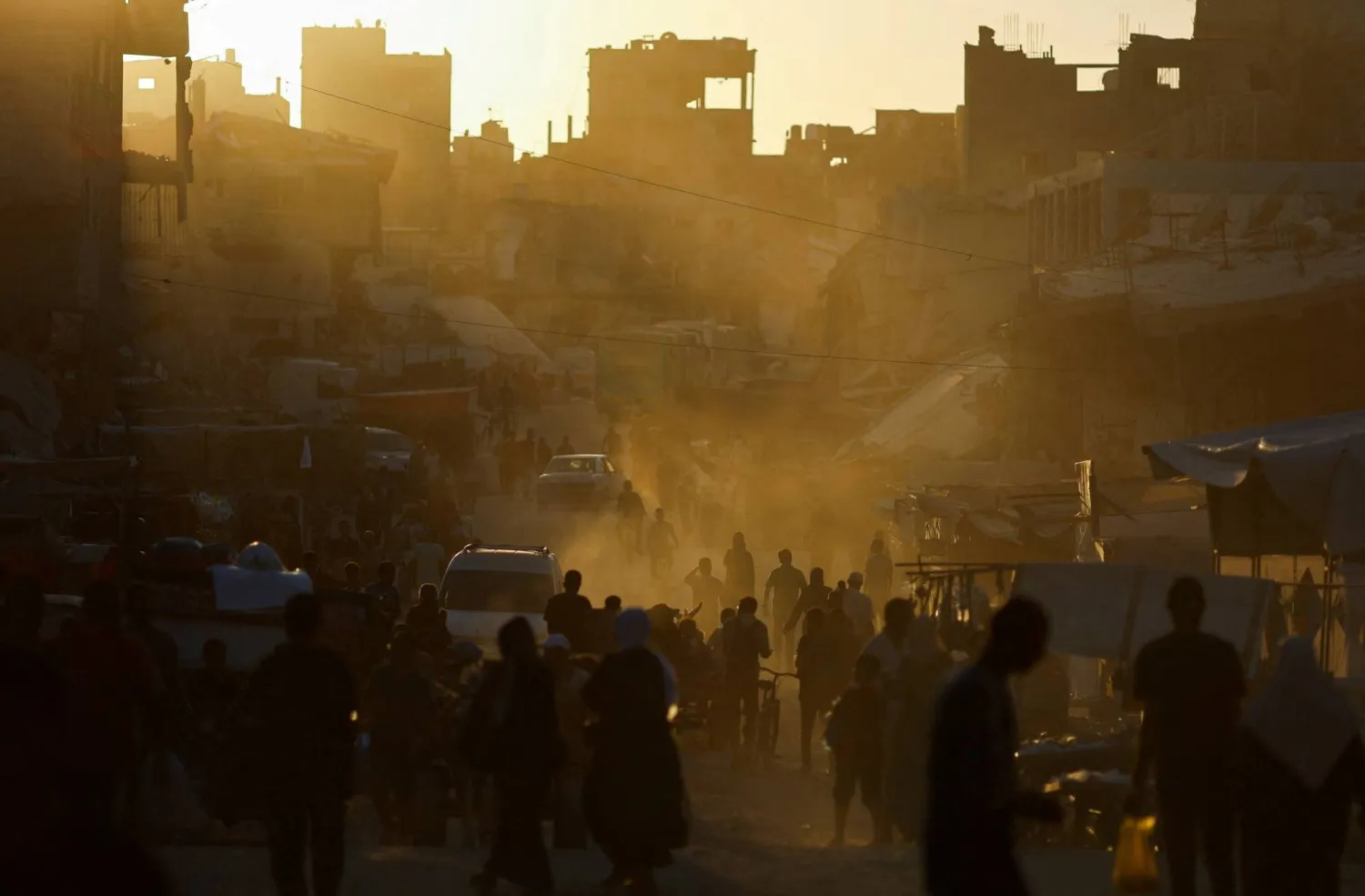The Palestinian Islamic Jihad group fired a barrage of rockets into Israel on Monday, in an apparent show of force as Israeli tanks pressed their advance deeper into Gaza amid fierce fighting, residents and officials said.
The armed wing of Islamic Jihad, an Iranian-backed ally of Hamas, said its fighters fired rockets towards several Israeli settlements near the fence with Gaza in response to "the crimes of the Zionist enemy against our Palestinian people".
The volley of around 20 rockets caused no casualties, according to the Israeli military. But it showed militants still possess rocket capabilities almost nine months into Israel's offensive it says is aimed at neutralizing threats against it.
In some parts of Gaza, militants continue to stage attacks on Israeli forces in areas that the army had left months ago.
On Monday, Israeli tanks deepened their incursions into the Shejaia suburb in eastern Gaza City for a fifth day, and tanks advanced further in western and central Rafah, in southern Gaza near the border with Egypt, residents said.
According to Reuters, the Israeli military said it had killed a number of militants in combat in Shejaia on Monday and found large amounts of weapons there.
Hamas said that, in Rafah, its militants lured an Israeli force into a booby-trapped house in the east of the city and then blew it up, causing casualties.
Also in Rafah, the Israeli military said that an airstrike killed a militant who fired an anti-tank missile at its troops.
Israel has signaled that its operation in Rafah, meant to stamp out Hamas, will soon be concluded. After the intense phase of the war is over, its forces will focus on smaller scale operations meant to stop Hamas reassembling, officials say.
More than 37,900 Palestinians have been killed and 87,060 have been injured in Israel's military offensive in Gaza since Oct. 7, the Gaza health ministry said in a statement on Monday.









